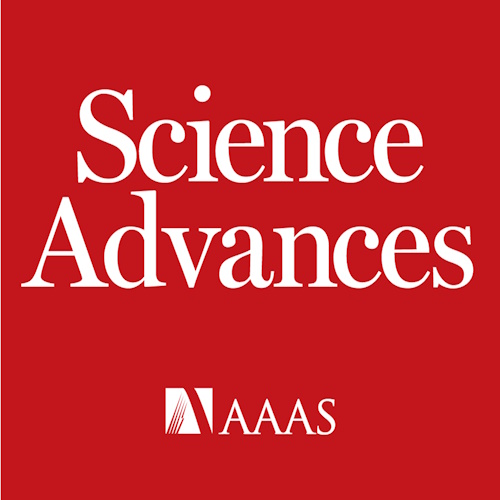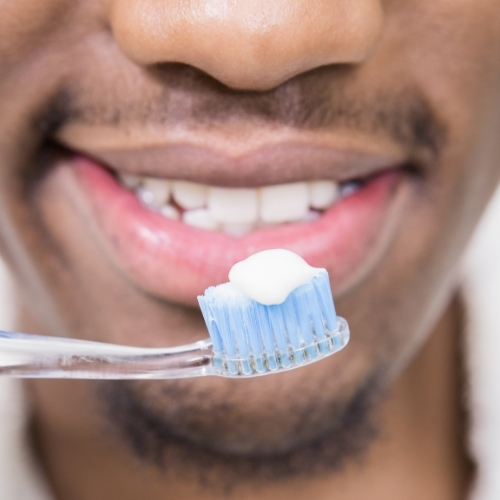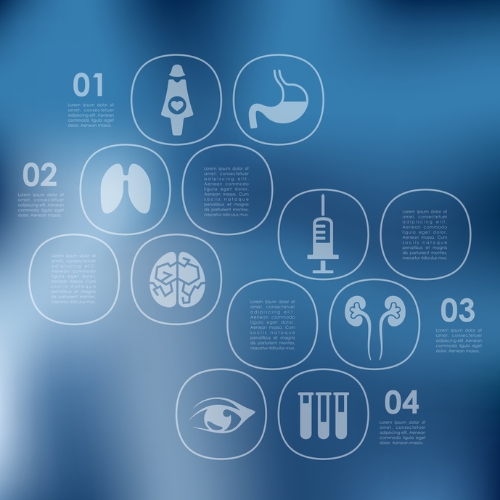Key points from article :
A specific gene regulates the behavior of molecules known to be key players in tooth development.
Begins with pair of molecules called bone morphogenetic protein (BMP) and Wnt.
"Suppressing USAG-1 benefits tooth growth," - Katsu Takahashi, lead author.
Tested the effects of several monoclonal antibodies on USAG-1 in mice.
Led to one antibody that disrupted the interactions between USAG-1 and BMP only.
BMP signaling played an essential role in determining the number of teeth the mice ended up with.
Delivering one-off dose of the antibody resulted in the generation of an entire tooth.
Follow-up experiments in ferrets produced similar results.
"Our next plan is to test the antibodies on other animals such as pigs and dogs," - Takahashi.
Treatment one day becoming an effect approach to tackling congenital tooth agenesis.
Research by Kyoto University published in the journal Science Advances.






